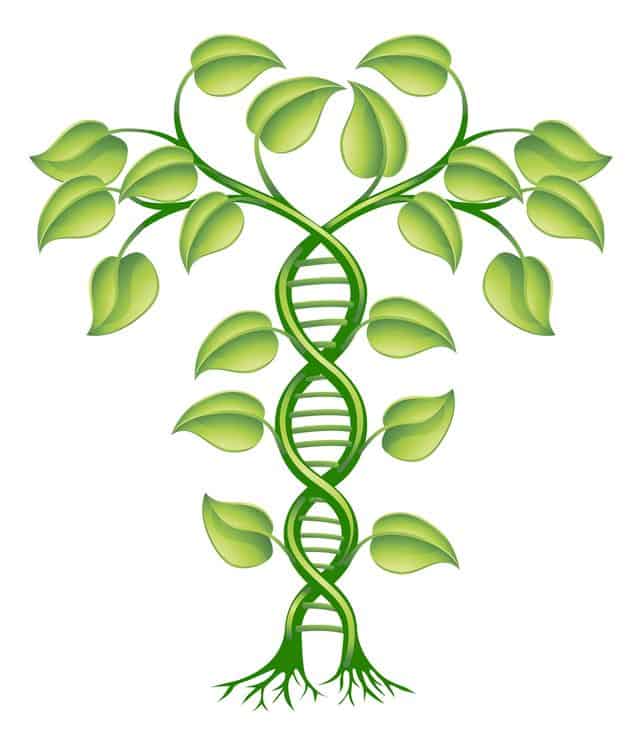
In a world increasingly focused on fragmented healthcare, holistic medicine offers a refreshing and comprehensive approach. Instead of treating isolated symptoms, holistic medicine addresses the interconnectedness of the mind, body, and spirit. This leads to a more personalized and effective treatment plan. But what exactly are the names and types of treatments encompassed by holistic medicine?
Understanding the various branches of holistic medicine can empower you to make informed decisions about your health. While the term 'holistic medicine' itself is broad, several established practices fall under its umbrella. Here are some well-known and effective holistic medicine names and explanations:
- Naturopathic Medicine: Naturopathic doctors (NDs) focus on supporting the body's inherent ability to heal itself. They utilize natural therapies like herbal medicine, nutrition, homeopathy, and lifestyle counseling.
- Traditional Chinese Medicine (TCM): This ancient system emphasizes balancing qi (vital energy) through acupuncture, herbal remedies, dietary therapy, and tui na (therapeutic massage).
- Ayurveda: Originating in India, Ayurveda aims to achieve balance through diet, lifestyle, herbal remedies, yoga, and meditation, considering an individual's unique constitution (dosha).
- Chiropractic Care: While often associated solely with back pain, chiropractic care addresses the relationship between the spine and nervous system. Chiropractors use manual adjustments to correct spinal misalignments and improve overall function.
- Acupuncture: A key component of TCM, acupuncture involves inserting thin needles into specific points on the body to stimulate energy flow and promote healing.
- Homeopathy: This system uses highly diluted substances to stimulate the body's self-healing abilities based on the principle of "like cures like."
- Mind-Body Therapies: This category includes practices like meditation, yoga, tai chi, and biofeedback, which focus on the interaction between the mind and body to promote relaxation, reduce stress, and improve overall well-being.
- Nutritional Therapy: This approach emphasizes the importance of a healthy diet and targeted supplementation to support optimal health and address specific deficiencies.
- Herbal Medicine: The use of plants for medicinal purposes has a long history across cultures. Herbalists utilize herbs in various forms to treat a wide range of conditions.
Choosing the right holistic medicine approach requires careful consideration. Factors to consider include your specific health concerns, personal preferences, and the qualifications of the practitioner. Look for licensed and experienced practitioners who are board-certified in their respective fields. Don't hesitate to ask questions about their training, approach, and expected outcomes.
The benefits of holistic medicine often extend beyond symptom relief. By addressing the root causes of illness and promoting overall well-being, holistic medicine can empower you to take control of your health and live a more vibrant and fulfilling life. Furthermore, many holistic approaches integrate well with conventional medical treatments, offering a comprehensive and integrative care plan. Researching different “holistic medicine name” options, their associated benefits, and qualified practitioners is a worthwhile investment in your health.
In conclusion, exploring the world of holistic medicine involves understanding the different names and types of treatments available. From Naturopathy and TCM to Ayurveda and mind-body therapies, each approach offers a unique pathway to healing and well-being. By choosing a qualified practitioner and embracing a holistic perspective, you can unlock your body's innate healing potential and embark on a journey towards optimal health.
Comments